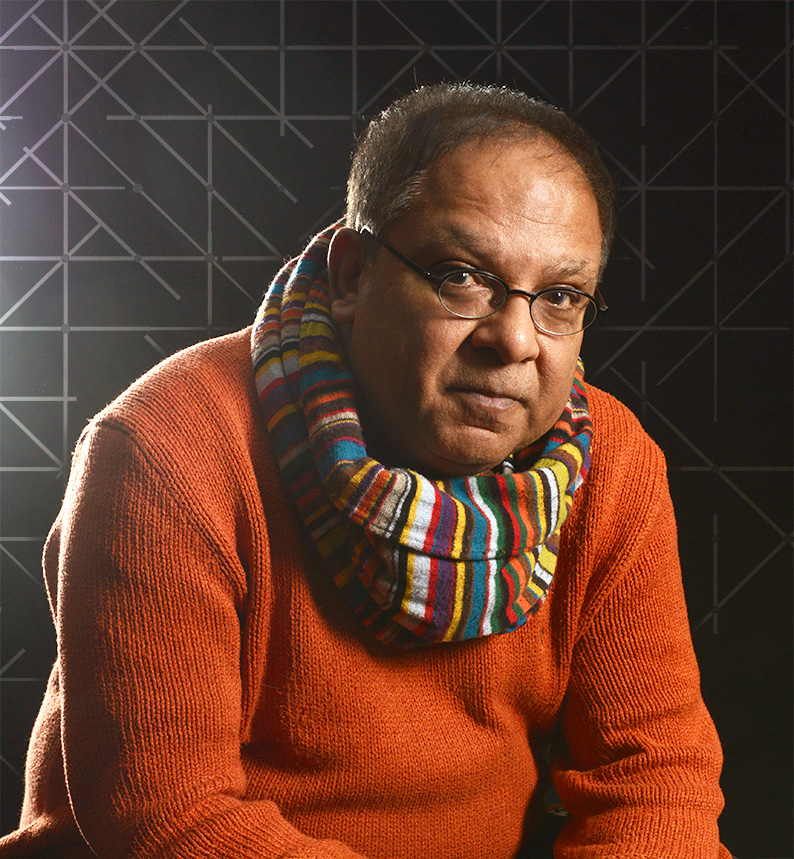Years ago, I attended a meeting held by The Forum Group. Their pitch was directed at those dissatisfied with their lives. For $600, you were promised a course that would turn your life around.
The facilitator, uncannily dressed like a Mormon, in a smart black suit and tie, beamed at the audience from his lectern. He asked, “How many of you have dared to follow your dream? Have dared to unleash the amazing potential within?” The question must have been rhetorical as the facilitator continued for a further fifteen minutes before he stopped.
At the end of his speech, he waited for someone to put their hand up.
Fed up with the man’s smug, condescending manner, noticing no response from the rest of the audience, I raised my hand.
“I have,” I said. “And I wish I never had. I failed at everything. Almost went bankrupt several times and am still paying off debts incurred. I should NEVER have unleashed the potential I wrongly thought I had.”
A hush descended upon the room. Someone in the back attempted a desultory clap before being silenced. The facilitator’s smile froze as he asked someone else to put up their hand. No one did.
While working at my first job in Calgary, I began to trade in gold futures—racking up losses like there was no tomorrow—with a debt the size of my annual income. I shifted to stock trading, investing heavily—until recession hit. Once again, I went down in financial flames.
With hindsight, each venture had the potential to make me millions. But the chances of success were less than one half of one percent. The results were always the same. Insurmountable debt. After years in a well-paying profession, all I possessed was a sleeping bag in a rented bachelor suite. Why did I do this to myself time and time again? As an accountant, shouldn’t I, of all people, have known better?
While practising how to lose money like water, I became emmeshed in a relationship with a Muslim Ismaili girl. Being of the same religion, there was tremendous pressure put on us to marry. She was a professional accountant, a pukkah Ismaili, who showed every deference to my mother.
But how could we marry when we argued endlessly? My bride-to-be was extremely controlling and, much to my mother’s delight, demanded daily attendance at our mosque. We would fight, split up, return—repeating the process over and over again. Before we knew it, four years had passed.
Through sympathetic friends, I found a counsellor and invited my girlfriend to attend. She came once, then never again. It was the last time I saw her.
I continued my sessions for nine months.
The petite counsellor wore her hair in a bun, dressed immaculately, her back, ramrod straight. She was an ardent follower of Joseph Campbell—father of the theory of “Family Myth”.
“Imagine you were your grandfather at your age. What would be your concerns?” she asked.
“How do I know? He died when I was four,” I answered petulantly.
My counsellor gave me a look to shrivel all resistance. She continued “Imagine you were your father at your age, your mother, your grandmother. What would your concerns be?”
Once the answers were written down, a simple thread emerged.
For generations, my family struggled to survive, barely keeping their heads above water. As the counselling progressed, I understood that, subconsciously, I carried profound guilt in having a well-paid job, living a life of secure comfort, well above any experienced by my ancestors. The almost fanatical lack of furniture, the use of a sleeping bag, provided a path back to living in survival mode. This was accentuated by my cyclic financial debacles.
What of choosing girlfriends with whom I quarrelled constantly? It was to win my mother’s love, which as a child I always sought but never received. With whom, as I grew, turned into relentless arguments.
No matter the hocus-pocus conclusions, something clicked. I adhered to a strict financial policy of nominal risk, rather than the pursuit of chimeric financial jackpots. My lot in life improved. I analyzed each encounter with a female in the same light, sifting away troubled firecrackers (à la mum), choosing the demure and intelligent, saving so much time and stress. The sessions taught me patience and confidence in my future.
Eventually my wealth accumulated. Much to my mother’s chagrin, I married a Filipina who considered her primary duty was to produce a family and nurture our children selflessly.
None of my happiness could have been achieved without the goad of one failure after the other to wake me up.
Failures plague us for a purpose.


